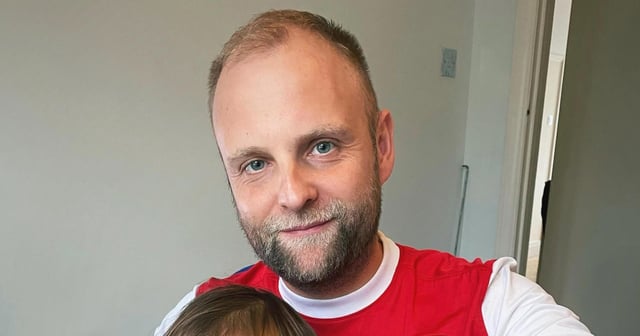Overview
- John Balson, a producer for 'In the Footsteps of Killers,' took his own life after experiencing severe physical and mental distress.
- Balson's widow, Yumeno Niimura, highlighted the demanding work conditions and lack of support for freelancers in her statement.
- Channel 4 has engaged legal firm RPC to conduct an independent investigation into Balson's death and working conditions.
- Balson had been diagnosed with vestibular migraine disorder and faced threats related to his work on the show.
- The investigation aims to address broader issues of overwork and mental health in the TV industry.



